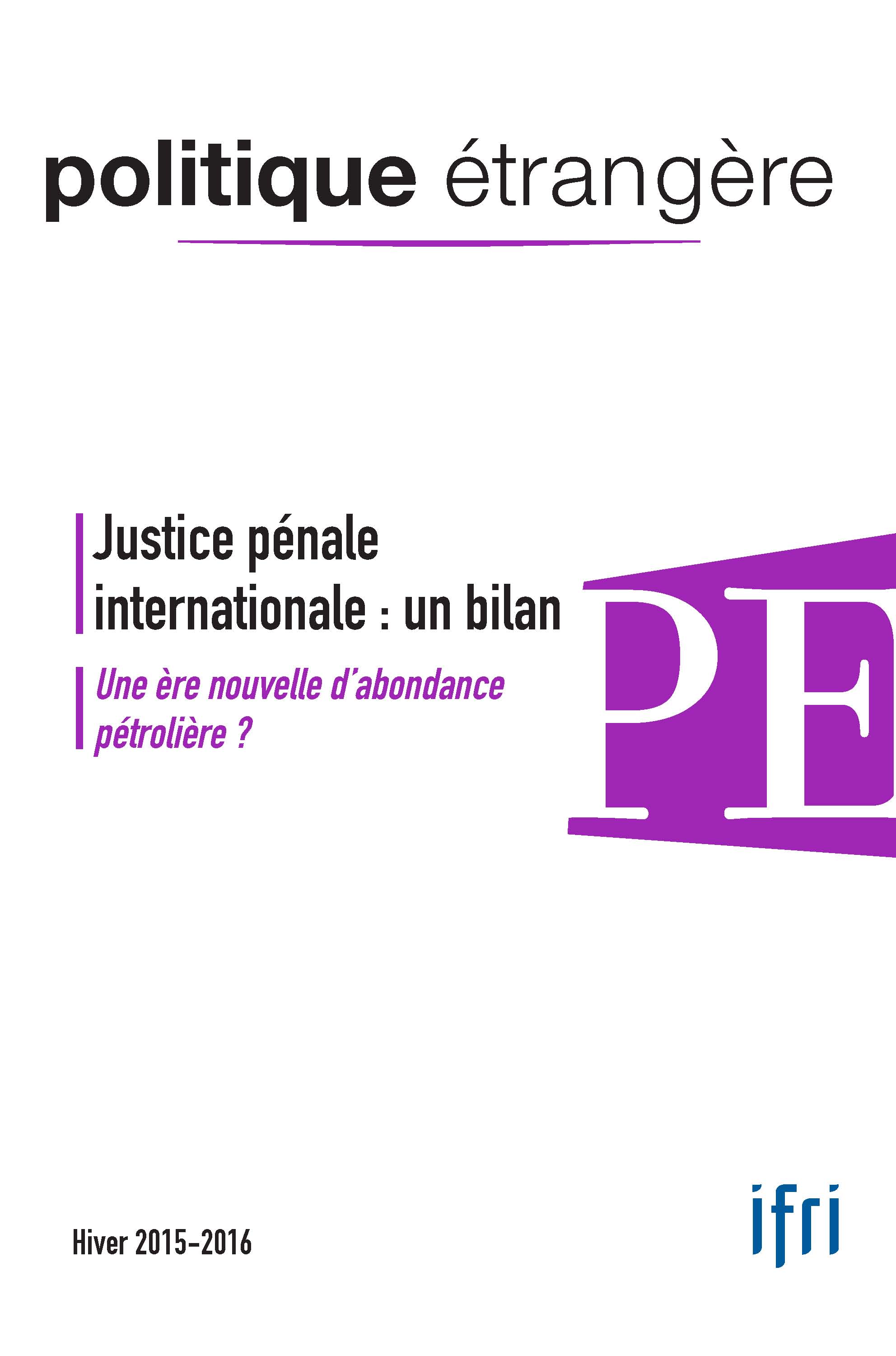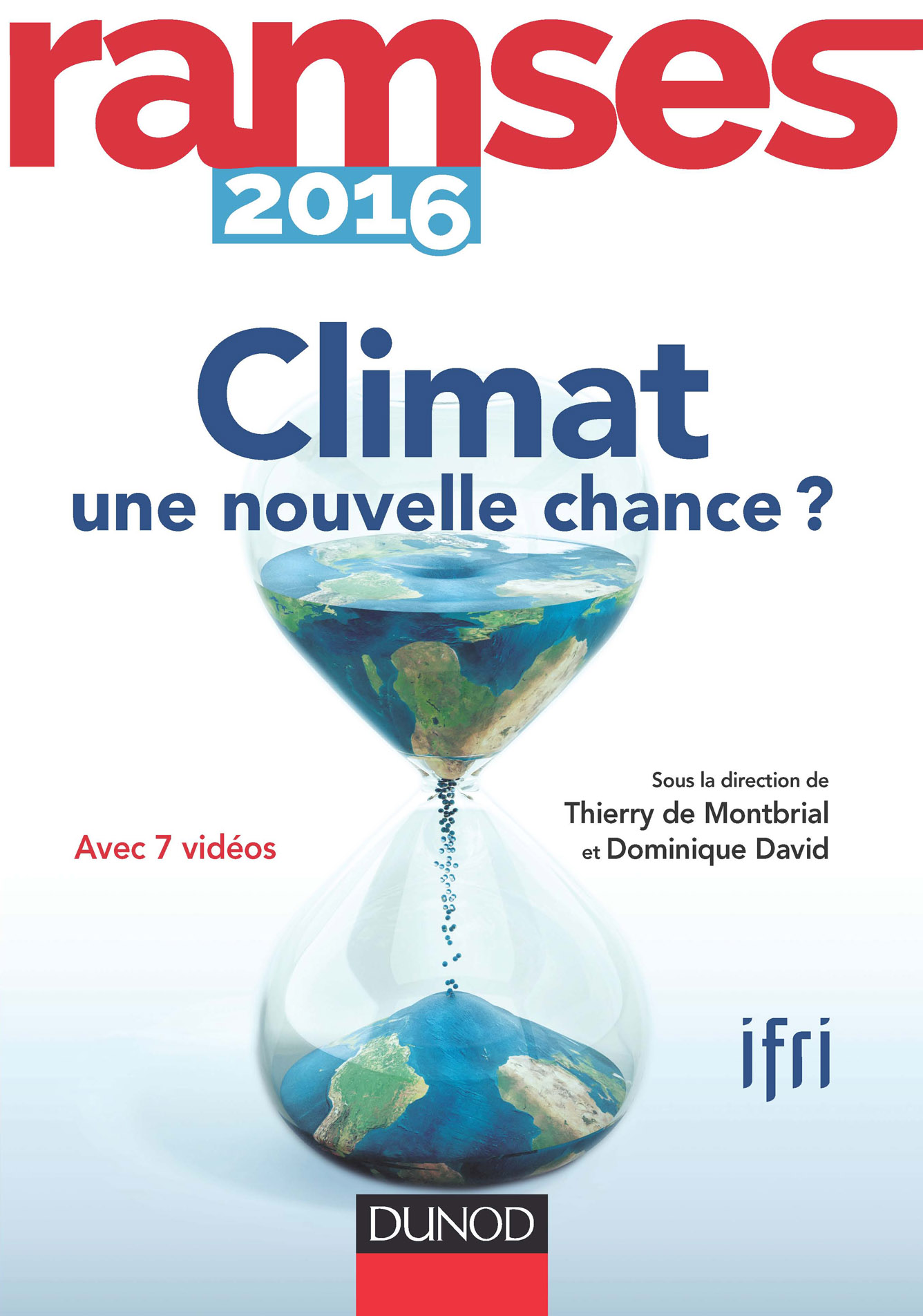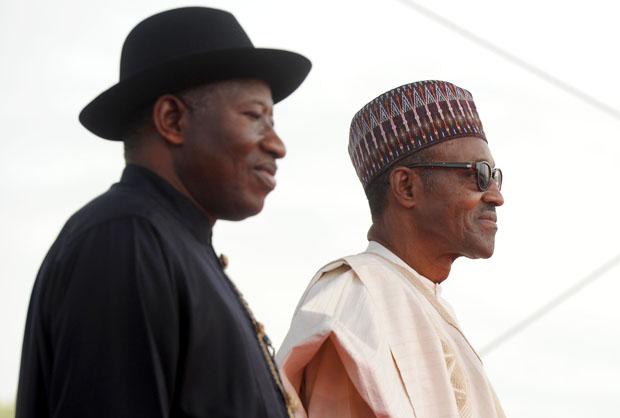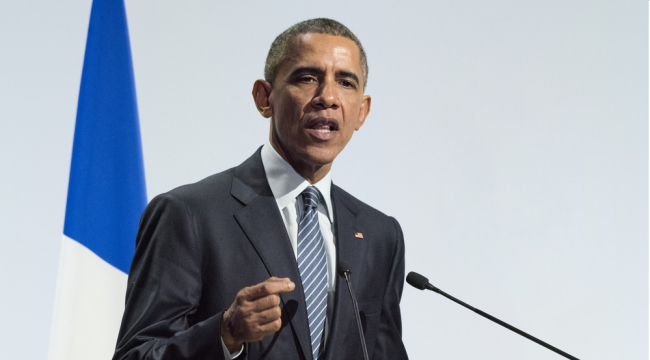Hybrid Warfare in the Strategic Spectrum: an Historical Assessment
"Hybrid Warfare" is a fashionable concept, but in order fo it to be really relevant, it has to be visualized within the whole strategic spectrum.
Nigeria: From Goodluck Jonathan to Muhammadu Buhari
Nigeria has experienced a political changeover due to the presidential and parliamentary elections on 28 March 2015, enabling Muhammadu Buhari – a retired general who was in power between 1983 and 1985 – to return to office. The deadline of 2015 represented for him a fourth attempt after his consecutive failures in the 2003, 2007 and 2011 presidential elections.
Après Paris et San Bernardino, le terrorisme dans le débat américain
Both the Paris attacks and the San Bernardino shooting reopened the wound of terrorism in the United States. Although President Obama has not shifted his stance or his strategy on the issue, public opinion is worried and populist rhetoric is ever more present in the campaign for the 2016 election.

De-radicalization and the Prevention of Radicalization in Germany, Great Britain and Denmark
To date, a few thousand Europeans have left Europe to join jihadi fighters in Syria and Iraq. Several hundreds of them have already returned. To deal with this phenomenon, some countries have developed radicalization prevention and de-radicalization programs.

Assessing the Achievements of International Criminal Justice / A New Era of Oil Abundance?
Born from the ashes of two world wars, the concept of international criminal justice took nearly half a century to become anchored in institutions and legal concepts that are independent of specific conflicts. The International Criminal Tribunal for the former Yugoslavia, that for Rwanda, and the creation of the International Criminal Court, among others, bear witness to the real progress made during the 1990s. This issue of Politique étrangère offers a series of articles that shed light on these achievements and their limits.

RAMSES 2016. Climat : une nouvelle chance ?
Written by Ifri's research team and its network of associates, the new RAMSES 2016 analyses geopolitics on a worldwide scale. The major theme of this 34th edition is Climate: A new chance? In addition, RAMSES 2016 tackles the insertion of Africa in globalization and the uncertainties of democracy today in post-industrial societies, but also in the South.

Somalia, the Modern Sisyphus?
Since gaining independence in 1960, Somalia has enjoyed only a few periods of stability.

Questioning Algeria's Non-Interventionism
Given its colonial history, Algeria does not want foreign powers involving themselves in internal affairs.

Terrorism and Counter-Radicalization: the Danish Model
There have only been two terrorist attacks in Denmark over the last thirty years: in 1985 and 2015. Other attacks have been prevented, notably those planned against the illustrators whose drawings of the prophet Mohammed were published in Jyllands-Posten.

Boko Haram, an Exception within the Jihadist Movement?
Boko Haram was created in 2002 and has been led since 2010 by Abubakar Shekau; however, we still know little about it.
Support independent French research
Ifri, a foundation recognized as being of public utility, relies largely on private donors – companies and individuals – to guarantee its sustainability and intellectual independence. Through their funding, donors help maintain the Institute's position among the world's leading think tanks. By benefiting from an internationally recognized network and expertise, donors refine their understanding of geopolitical risk and its consequences on global politics and the economy. In 2025, Ifri supports more than 80 French and foreign companies and organizations.









